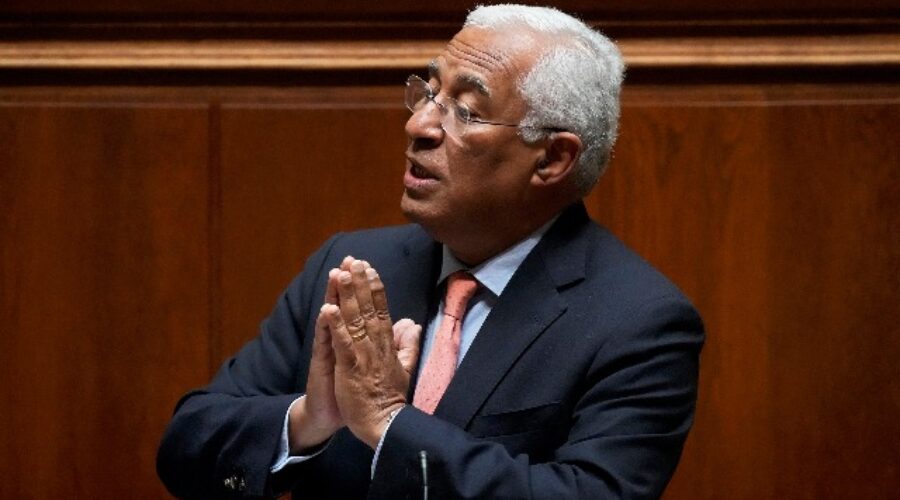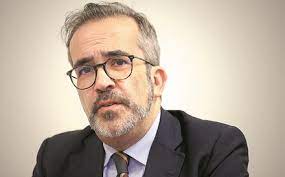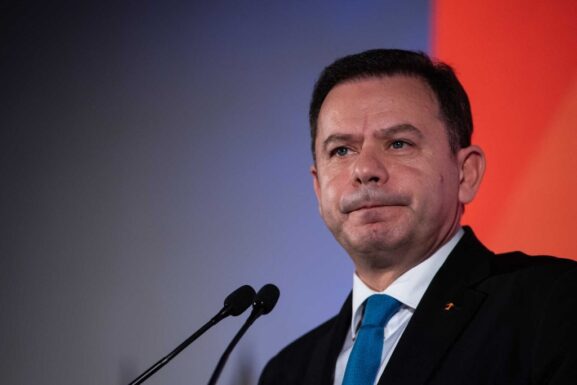The ex-prime minister of Portugal is the frontrunner for the presidency of the European Council
António Costa is the clear frontrunner to be the next president of the European Council. But the former Portuguese prime minister has one major obstacle standing in his way: he remains the subject of an ongoing legal probe back home.
Costa has not been formally charged with any crime, but is under investigation as part of the far-reaching influence-peddling probe that prompted his resignation last November.
Prosecutors allege that members of Costa’s government tailored legislation to benefit the backers of a state-of-the-art data center in Sines, in the south of the county. The then-prime minister’s name was mentioned by suspects in several wiretaps, leading prosecutors to suspect he may have been in on the scheme. He denies any wrongdoing.
Costa’s legal issues do not seem to have deterred EU leaders, many of whom want to see him succeed Charles Michel as Council president, leading meetings of the bloc’s 27 heads of state and government.
The Portuguese politician certainly appears like an ideal candidate. He is a member of the socialists, who came second in the EU election and want one of their own leading the Council. He is well-liked by European presidents and prime ministers of all stripes, and is viewed as a pleasant, fair-dealing negotiator with the skills needed to forge complex consensus decisions.
But he hasn’t got the job yet, and the ongoing legal probe could be brought up by Nordic countries seeking to boost the candidacy of Danish Prime Minister Mette Frederiksen, who is considered to be more aligned with their positions on defense and migration.
In the past, EU leaders managed to overlook domestic problems when choosing people for top jobs. Commission President Ursula von der Leyen was tapped for the post while an investigative committee of the German parliament was examining whether lucrative contracts had been awarded without proper oversight during her time as defense minister.
But the Qatargate cash-for-influence scandal, which mainly involved socialists from southern Europe, raised the bar in Brussels. In the wake of European Parliament elections in which far-right groups made major advances by campaigning against the rot within Europe’s mainstream parties, Costa’s legal woes could be problematic.


